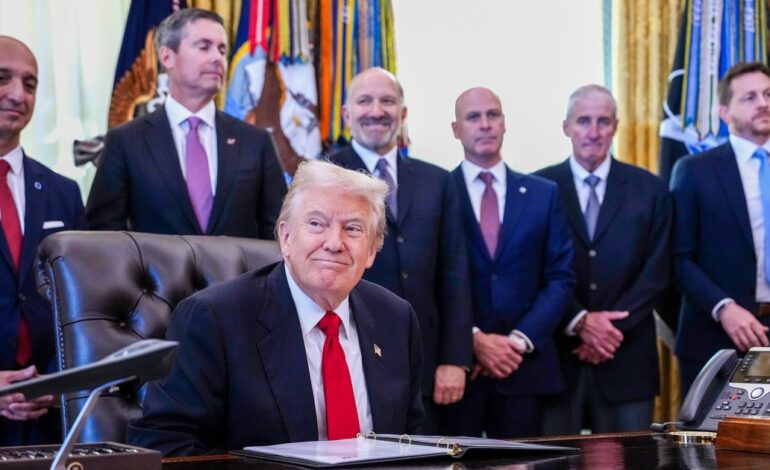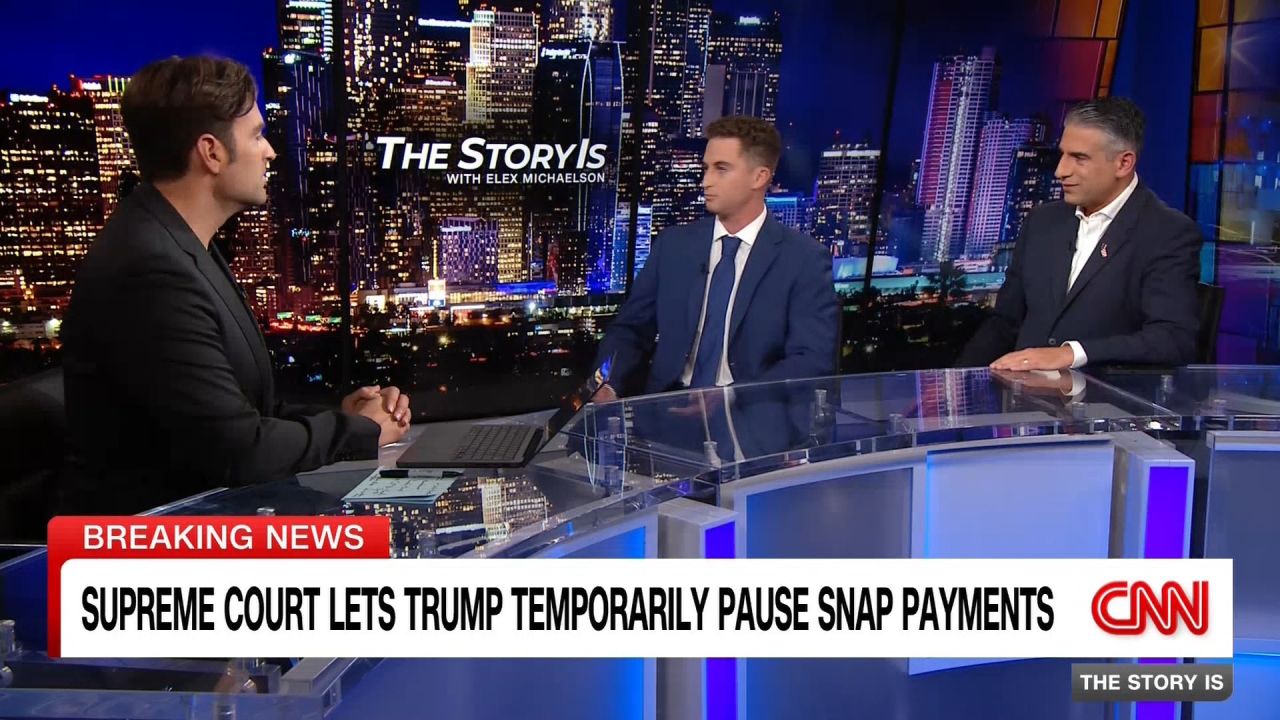Trump Promises Major Discounts on Weight Loss Drugs Amid Concerns

President Donald Trump has announced a deal aimed at significantly reducing the prices of popular weight loss medications, Wegovy and Zepbound. This initiative is expected to make these drugs more accessible to millions of Americans. However, experts warn that critical gaps in the details of the plan may limit its effectiveness.
The administration’s proposal comes as both Wegovy and Zepbound are priced above $1,000 per month, a figure that has drawn bipartisan criticism for being excessively high compared to costs in other countries. According to the plan, the lower prices for those paying out of pocket will not apply uniformly, and some drugs included in the deal have yet to receive approval from the Food and Drug Administration (FDA).
Concerns Over Implementation and Coverage
Juliette Cubanski, deputy director of the Medicare policy program at KFF, expressed skepticism regarding the announcement. “It’s a situation where we have more questions than answers,” she stated, indicating that crucial aspects of the plan remain unresolved. The anticipated price reductions, which are set to be available through a self-pay platform called TrumpRx, are not expected to be implemented until the end of the year. Changes to Medicare and Medicaid coverage are projected to roll out by mid-2026.
While TrumpRx is expected to offer discounted prices, the specifics are unclear. The White House has indicated that starting doses of weight loss pills will cost $149 for a month’s supply, while injections will average $350. However, higher doses, which are often necessary for effective weight loss, may be priced significantly higher, potentially leaving patients facing costs greater than those advertised.
Art Caplan, head of the division of medical ethics at NYU Grossman School of Medicine, noted that the lack of clarity regarding how the programs will function is troubling. “It’s just murky as to how this will take shape,” he remarked, emphasizing the uncertainty surrounding the deal.
Unapproved Drugs and Limited Medicare Coverage
One major point of contention is that some formulations included in the agreement have not yet been approved by the FDA. This includes oral versions of the drugs, currently under review, as well as new multidose injection pens from Eli Lilly. Lawrence Gostin, director of the O’Neill Institute for National and Global Health Law at Georgetown University, criticized the approach, stating, “It is reckless to negotiate pricing deals on products which the FDA has not yet approved as safe and effective.”
The coverage changes for Medicare and Medicaid will only extend to patients with qualifying conditions such as heart or kidney disease. This limitation raises concerns, as many individuals seeking treatment for weight loss alone will remain without coverage. Stacie Dusetzina, a health policy professor at Vanderbilt University, pointed out that without broader coverage, millions will still face high costs despite the administration’s claims of reduced prices.
The deal does include provisions for Medicare and Medicaid to pay $245 per month for injections, which could lead to savings for these programs. Medicare enrollees will see their costs capped at $50 per month, while most Medicaid enrollees will not incur copays. However, the lack of expansion for those using the drugs solely for weight loss is viewed as a significant oversight.
Dr. Shauna Levy, a specialist in obesity medicine, described the deal as a “step in the right direction” but expressed caution about potential overstatements regarding savings. “As an obesity community, I think we will remain skeptical of this deal until we see how it actually plays out,” she stated.
As the administration works to finalize the details of this ambitious proposal, the impact on patients seeking weight loss treatment remains uncertain. The coming months will reveal whether the announced discounts will translate into tangible benefits for those affected by obesity.






